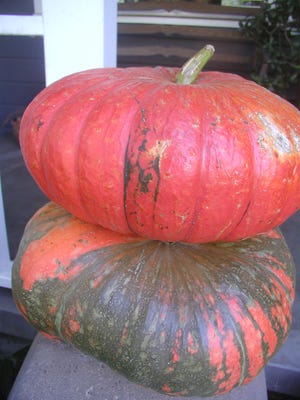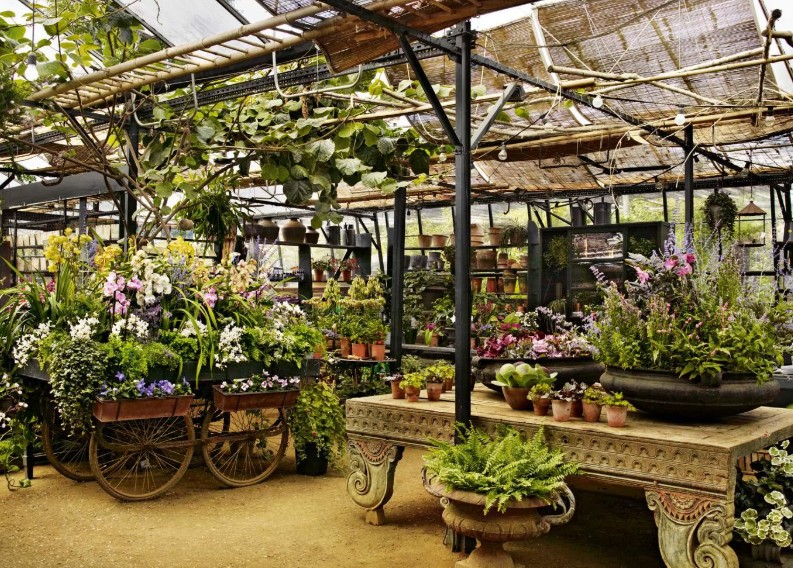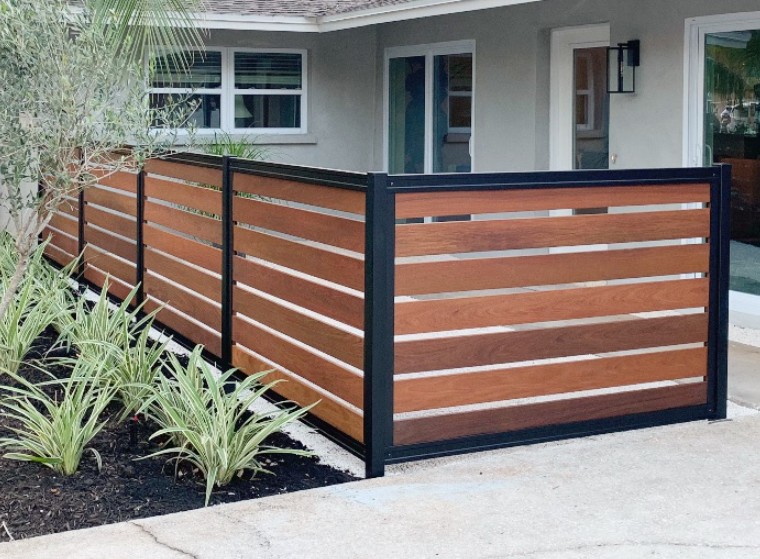Here are some reasons why your garden’s volunteer plants can be good


In October, I described some unwanted volunteers in my landscape that were obnoxious such as privet and pecan seedlings. However, not all volunteers are obnoxious and I will describe a few good ones here.
This year, and for the past two years, I have had butternut squash volunteers in my dahlia garden and this year was only exceptional in the phenomenal number of butternut squash produced. This is a volunteer that works out well because dahlias go high and squash vines stay low. The only drawback is that I have to tread carefully to not step or trip on a vine. I harvested a bonanza of these and have been giving them away as I had way too many for us to consume.
A few to avoid:Even Master Gardeners have plants they don’t like
Don’t yank that plant:Volunteers in the garden are often a pleasant surprise
I also had a volunteer pumpkin come up in my bed of gladiolus. It also was a good place as the glads were done blooming back in June and the vines also strayed into the path a little but it was not hard to walk around them. I don’t have a clue as to where the seeds for these pumpkins came from as none have been grown in that part of my garden in the four years I have lived here. The plant only produced two pumpkins. One was orange and the other orange and green and I have no clue what variety it might be.
I usually always grow at least one large cherry tomato plant. I got the seeds for these tomatoes from the Seed Saver’s Exchange several years ago and it has proven to be a great cherry tomato.
This year I had volunteer large cherry tomatoes coming up in several places in my garden where they were not too intrusive. They are large, red cherries, thus well named. They are good for snacks and salads.
The reason these volunteers worked out well is because this tomato kept producing when all my other 30 tomatoes stopped, perhaps due to hot days when blossoms fell off. Heat may affect the large cherry tomato less than others but whatever the reason they kept producing through the fall; picking the last ones in mid-November.
Fall/winter gardening tips
So much for the information on my volunteer plants, now I want to point out some things you could do in the fall/winter garden.
It is a good time to order any bare-root trees and scout out appropriate planting spots where there is adequate sunshine 6-8 hours for fruit and nut trees and others.

It is also a good time to think about adding to the rose garden as rose bare root season also starts soon. Blueberries, raspberries and blackberries will also be available as bare-root plants. For any new plantings a water source needs to be close, so it’s a good time to do some plumbing if necessary.
It is a great time to plant perennials so that they have well established by spring with root systems encouraged to develop with winter rains. It is also a good time to divide perennials that are getting overcrowded such as daylilies, Shasta daisies and Nile lily (Agapanthus).
The ideal time to plant garlic, shallots, onions, peas both sweet and edible and flowering bulbs (tulips, Narcissus and hyacinths) is early November, but still not too late in early December.
Adding compost is good to do before planting the above edibles, and also plant a cover crop to add organic matter to the soil if you have areas not planted for winter and spring vegetables.
Insects are our friends:What gardeners can do to help declining pest populations
Frost and low temperatures are likely coming despite climate change. Hence, it is advisable to remove, drain and store any vulnerable irrigation controllers. Batteries can be removed too, especially if they have been used for this entire season. New ones will be in order for next year.
You can do the first of three recommended fungicidal sprays for your dormant peaches and nectarines or you can do the one most vital spray on Valentine’s Day just before blossoms open. All sprays will help destroy the spores of this fungus so it is important to spray all parts of the tree where spores may be lurking.
If you have a gardening-related question you can contact the UC Master Gardeners at (209) 953-6112. More information can be found on our website: http://sjmastergardeners.ucanr.edu/CONTACT_US/.





